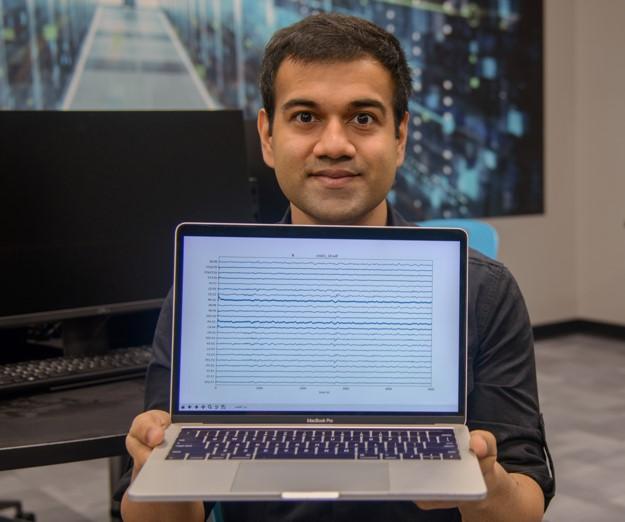Intel and a community college in Arizona announced a new AI incubator lab to instruct students who are pursuing professions that rely on AI tech, everything from business to nursing to healthcare and more.
Maricopa County Community College District houses the AI lab and offers an associate degree program in AI that the lab will support. Intel claims it is the first program of its kind in the U.S., part of its AI for Workforce program.
The lab at Chandler Gilbert Community College in Chandler, Arizona, houses $60,000 in Intel-based workstations from Dell and open-source Intel AI software tools to support courses such as Intro to Machine Learning, AI for Computer Vision, Natural Language Processing and AI for Business. It is open to 200 students currently enrolled in the AI program.
The AI program has been around for nearly two years and will see its first graduating class this spring.
The lab and AI program at Maricopa stress hands-on work to make AI concepts accessible to “novice learners,” Intel and the college said. “Students develop traditional skills such as data collection, AI model training, coding and exploring the societal impact of AI.” Coursework includes creation of a social impact AI project.
In one example, Arnav Bawa, a student in the AI program, developed an app to interpret EEG brain wave scans to help predict brain seizures so patients will be forewarned to take medication or take steps to avoid an injury from falling.

In another example, student William Glover has designed an AI app that works with airborne drones used in indoor search and rescue to interpret live video feeds to recognize people trapped in a burning building.
Intel’s goal is to expand the AI program to all 50 states by 2023, as part of a larger commitment to help the U.S. workforce learn new tech skills while advancing diversity and inclusion in the tech field. Intel has set out a more ambitious goal called RISE 30 to expand digital readiness globally to 30 million people in 30,000 institutions in 30 countries by 2030.
Intel CEO Pat Gelsinger addressed the theme of Digital Cooperation and Connectivity a year ago noting that one intent is to make AI more relevant to people in non-tech fields, such as business majors and nurses.
Intel told Fierce Electronics that students in the AI program at Chandler Gilbert Community College are not put on a fast track to work at Intel chip facilities, such as those in Chandler. However, the AI program does prepare students for AI careers in the broader industry, whether at Intel or not, an Intel spokesperson said via email. "The demand for AI skills is one of the fastest job market areas," the spokesperson added, noting that there were 2,000 open AI jobs in Maricopa on March 29, an 8% uptick since the previous month.
RELATED: Intel invests $100M in education, chip R&D across U.S.